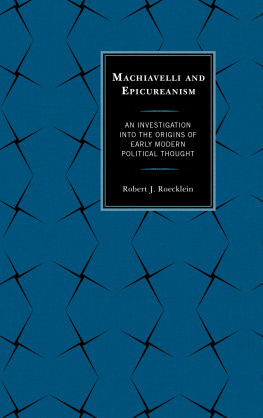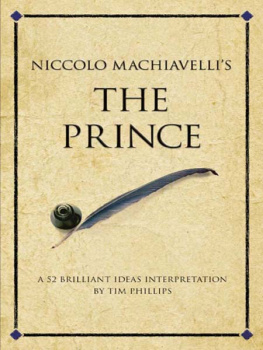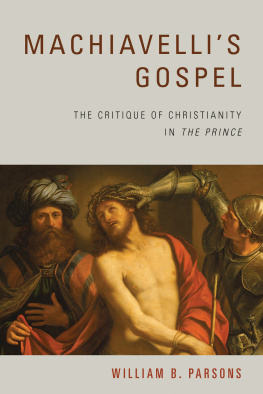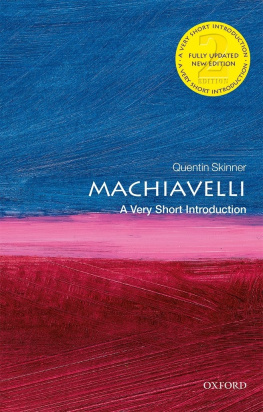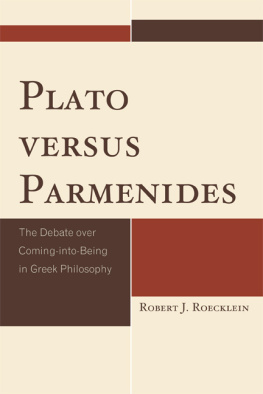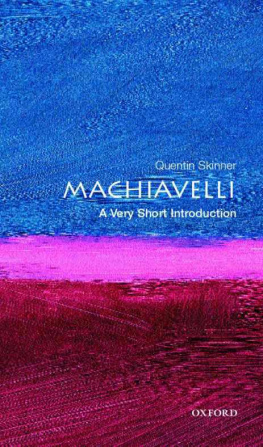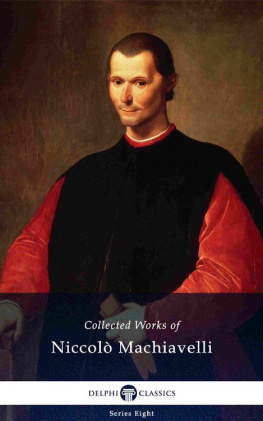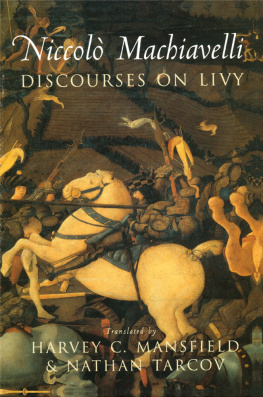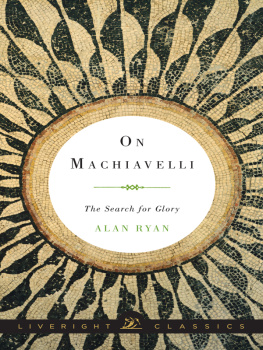Acknowledgements
I would first like to thank Dr. Steve Hicks, the director of the School of Humanities and Social Sciences here at Penn State Erie, the Behrend College. Steve has been very supportive of my research, and I am much appreciative. Dr. Robert Speel, the chair of the Political Science Department, has been equally supportive. Dr. Zachary Irwin, with his charm and wisdom, has helped me to keep a balanced perspective about my efforts. I feel greatly indebted to these three individuals for these reasons and considerably more.
Dr. Juan Fernandez-Jimenez, chairman of the department of modern languages here at Behrend College, is a great friend and a valued colleague. We have spent a considerable number of hours together discussing politics, philosophy, and the current enterprise of education. He and his lovely wife Ms. Lupe Alvear-Madrid, bring warmth, friendship and a very stimulating culture to our school. I am very grateful for it.
My mentors and colleagues in the teaching of rhetoric at Behrend have provided me with great friendship, support, and wise counsel. Dr. John Champagne deserves special mention in this regard. Dr. Mary Connerty, associate program director, has benefited us all by her leadership. I would like to thank Dr. Teresa Caruso and Dr. Sharon Gallagher for sharing their ideas with me, and for being willing to entertain some of mine.
Dr. Stephen Eric Bronner, Professor II at Rutgers University, was the first professor for whom I worked as a graduate student. A relationship was then formed that has provided me with countless blessings over the years. A mentor and a friend, Steve has been there for me as I have worked on my books. His encouragement and perspective, his help in all manner of ways, could not be easily described. I am very grateful for my friendship with Steve, and for the time he has taken out of a packed schedule to work with me.
Jana Hodges-Kluck, associate editor for philosophy and the classics at Lexington Books, has now shepherded me through the completion of two books. Writers depend on their editors. For advice on the preparation of revisions, and for multiple kinds of commentary on my manuscript, Ms. Hodges-Kluck has done me inestimable services. I think there is certainly good fortune, though not of the Machiavellian kind, that has allowed this partnership to take place. I would also like to thank Mr. Eric Wrona, editorial assistant at Lexington books, for the swiftness and accuracy of his management of this books progress at several important stages.
I owe a debt of considerable thanks to the anonymous reviewer who read the manuscript for Lexington Books and who made insightful, relevant comments and criticisms. This is a better book for having undergone a vigorous peer review process. I am grateful for the care with which the reviewer analyzed my arguments and suggested improvements.
Mr. Joshua Testa, a former student of mine who is now in graduate studies for a doctorate in political science at Kent State University, is someone with whom I talk quite frequently. The focus of our discussion is usually political philosophy, and the ideas that we are both working on. Josh is a great sounding board, and a very promising political philosopher in the making.
I am grateful to all the students at Behrend College, with whom I have developed several of the arguments contained herein. Jacob Bowen, Brian Forfa, Jason Kinsel, and Joshua Snyder merit special acknowledgement. The passion and dedication of these students did much to fire my own.
Patrick Moloney, formerly of Victoria University in New Zealand, has been my closest friend in academia for over twenty years. Our friendship was formed in graduate school, because I did not know how to make a proper cup of tea. Pat has always encouraged my work, and he has also always reminded me of the importance of laughter. Political philosophy needs to remember laughter, especially when it is laboring on the darkly great work of Niccolo Machiavelli. Not that there is much of true humor in Machiavelli. Decently bred people would not be seen to laugh in those moments when the Florentine would like for us to do so.
My family makes me happy, something Aristotle would approve of. My sister Ann Marie Rice, whose great sense of humor makes the sun shine brighter, and my brother Neil C. Roecklein, with his quiet labor and determination, know of my feelings for them. My brother-in-law Kevin Rice Sr. is among my oldest friends. My nephews Christopher and Kevin Jr. are young men starting out in life. Their lives and endeavors bring joy to all of us.
I have dedicated this book to my best friend John Fragala. In the day-to-day life of a political philosopher, it becomes clear, that a man cannot bear the heavy burdens of argument all on his own. He must have friendship which shares the purpose, which divides the psychological strain, which keeps at least one foot planted in the world of today. John has borne a great deal of the weight of this project, effortlessly, generously, devotedly, and with a kindness that is rare and valuable. It can truly be said, that I could not have completed this book without his help.
Introduction
Machiavelli and Epicureanism: An Investigation into the Origins of Early Modern Political Thought
Whether or not Niccolo Machiavelli is an advocate for popular government has long been a pressing issue in political philosophy. Some scholars point to his famous work, The Prince, which suggests the Florentines devotion to a one-man rule politically compatible with an oppressed citizenry. Other and more numerous scholars point to Machiavellis Discourses on Livy, which seems to celebrate the people as the very guardian of freedom in a true republic. This level of discussion, however, might not be adequate.
There is another dimension to Machiavellis political science that bears upon the issue of popular participation, which involves the history of Epicurean philosophy. An analysis of Epicurean philosophy, and evidence for Machiavellis involvement with this tradition, constitute major objectives of this study. Epicurean philosophy does not bring before us, front and center, the issue of political participation. Rather, what it brings before us is the distinction between a few knowers and the many who do not know. In Epicurean philosophy, the great multitude of the people is regarded as oblivious to the truth of things, right down to the truth of particular facts. To the extent that Epicurean philosophy is indeed a part of Machiavellis political science, therefore, a simple exhortation to popular participation would hardly indicate the classically republican model. For if the people are regarded, insofar as they participate in politics, as unknowing ciphers whose actions must be coerced and prefigured by a philosophical rule, the functions of deliberation and choice would not under those circumstances fall within the circumference of their practices.
In the view of Quentin Skinner, to take one example, Machiavelli holds out the prospect of civic participation for all. In Skinners analysis, it is thus Machiavellis fundamental conviction that a life of political involvement must not only be made available to every citizen on equal terms, but must be made as alluring as possible to men of the highest talents.
Both of these ideals, of substantive deliberation and self-denying virtue, would fall afoul of a doctrine that is actually Epicurean in its foundations. In Epicurus analysis, obligation to anything other than the pains and pleasures of the self is the de facto definition of barbarity and stupidity. And, on behalf of the common run of human beings, since they are thought by Epicurean philosophy to fundamentally lack the knowledge which would make available to them truth of fact, their suitability for deliberation would be repudiated from the start. The question then greatly concerns the degree to which the foundations of Machiavellis political science are Epicurean; which in turn would concern the degree to which Lucretius, the Epicurean poet and one of Machiavellis favorite writers, actually exerted an influence on him.

